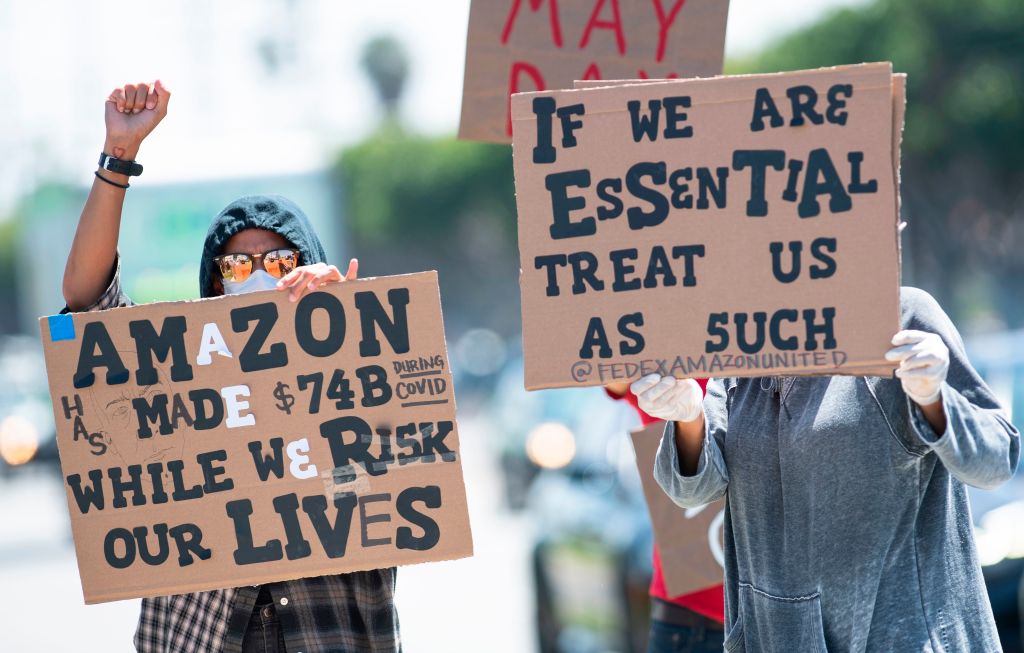All across the world, whistleblowers play a crucial role in exposing wrongdoing, whether from corrupt governments or unethical corporations. Whistleblowers have helped expose the full scope of the opioid epidemic and helped reveal technology companies’ incursions into people’s privacy. And the actions of some whistleblowers, including Mark Felt (aka Deep Throat) and Chelsea Manning, have made them prominent cultural figures in their own right.
Whistleblowers who uncover financial fraud represent a fraction of the overall spectrum of whistleblowers — and within that group, there’s an even smaller fraction of anonymous people who have made a substantial amount of money from their actions. In a new Business Insider article, Samantha Stokes explored this phenomenon — and how it dates back, in part, to a law enacted during the Abraham Lincoln administration.
In 1863, Lincoln signed the False Claims Act into law. It was designed to address fraud by defense contractors during the Civil War, but its scope had widened over the years. The Justice Department’s website explains one of the ways in which whistleblowers factor into this: “In addition to allowing the United States to pursue perpetrators of fraud on its own, the FCA allows private citizens to file suits on behalf of the government (called “qui tam” suits) against those who have defrauded the government. Private citizens who successfully bring qui tam actions may receive a portion of the government’s recovery.”
As Stokes writes at Business Insider, states have begun to apply this to other instances of fraud — New York State, for instance, has recouped $600 million in tax fraud cases since 2010, with whistleblowers earning over $100 million. In the case of Thomas Sandell, who settled with New York for $105 million, an anonymous whistleblower earned $22 million in the process.
The article points out that the process of whistleblowing is long. The SEC can take years to complete its investigation, trials can go on for lengthy amounts of time and whistleblowers need to file a claim after that. The rewards of being a whistleblower can be both moral and financial, but the process to get there is anything but easy.
Subscribe here for our free daily newsletter.
Thanks for reading InsideHook. Sign up for our daily newsletter and be in the know.















